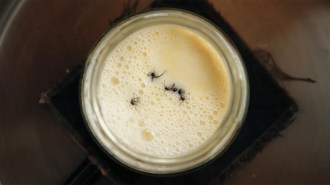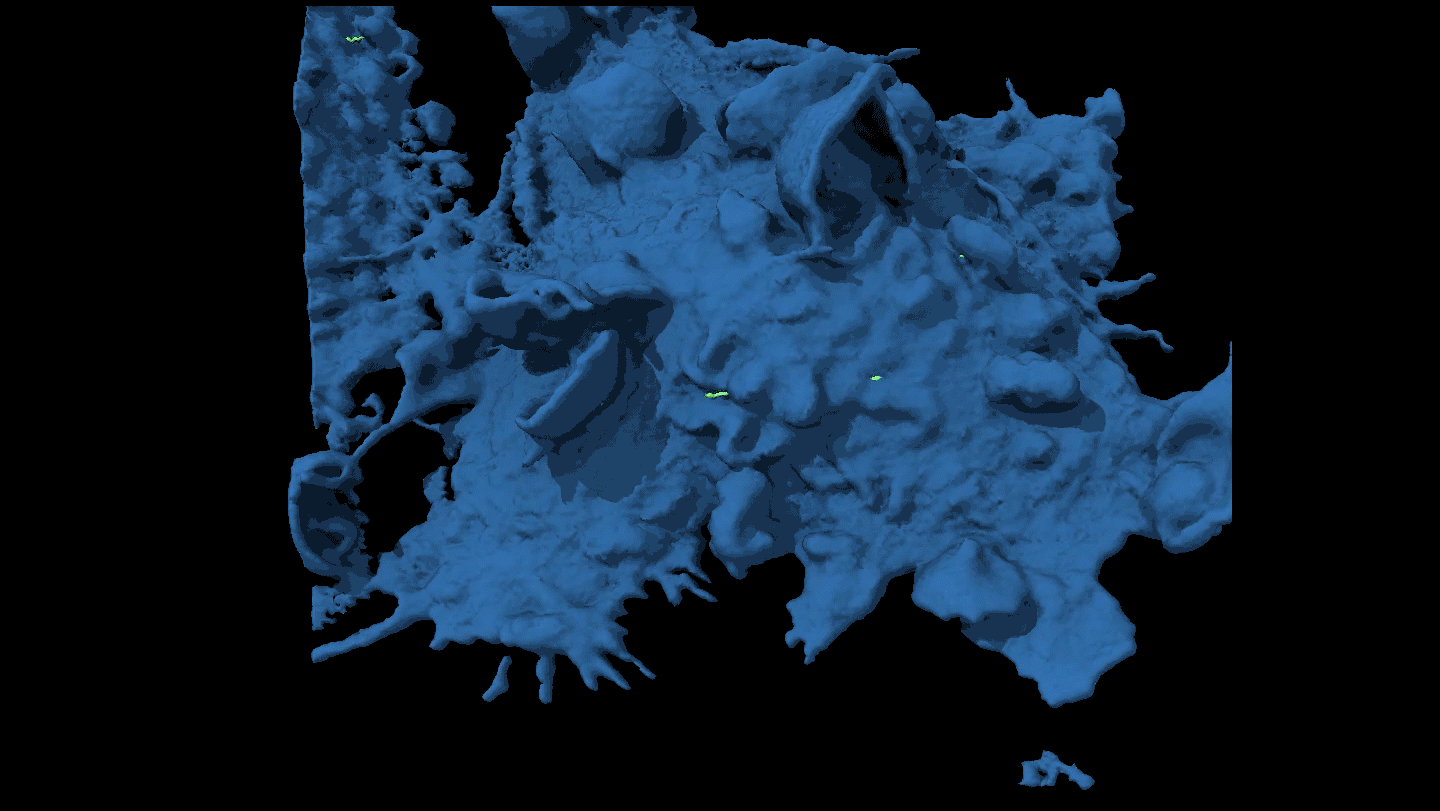To get a deeper tan, don’t sunbathe every day
A master regulator of gene activity sets skin cells to make melanin every 48 hours

48 HOURS Daily exposure to the sun can hurt sunbather’s chance of developing a dark tan. That’s because skin cells don’t operate on a daily schedule, instead making melanin only every other day, experiments in human cells and mice show.
Marjan_Apostolovic/iStock






